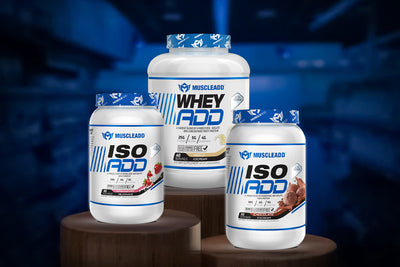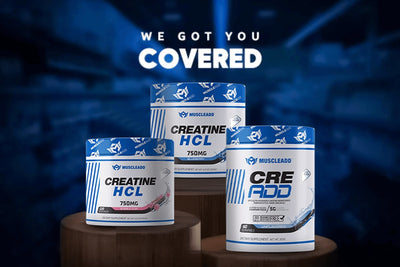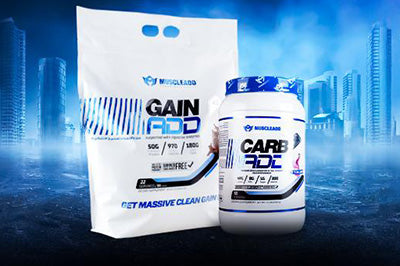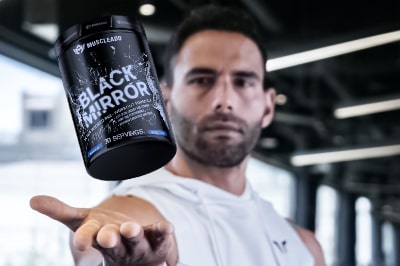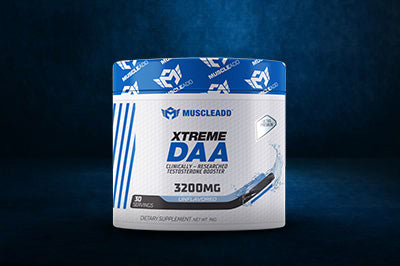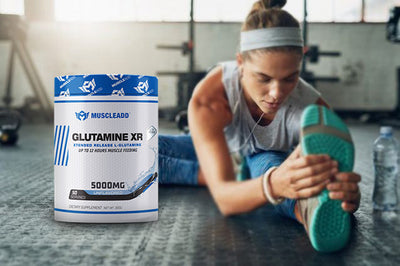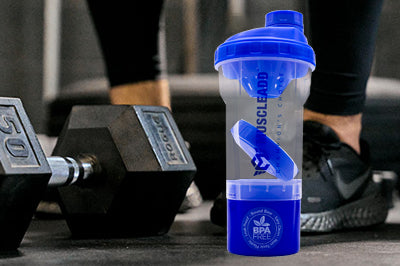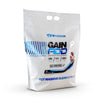Perfect Supplement For Bariatric Surgeries
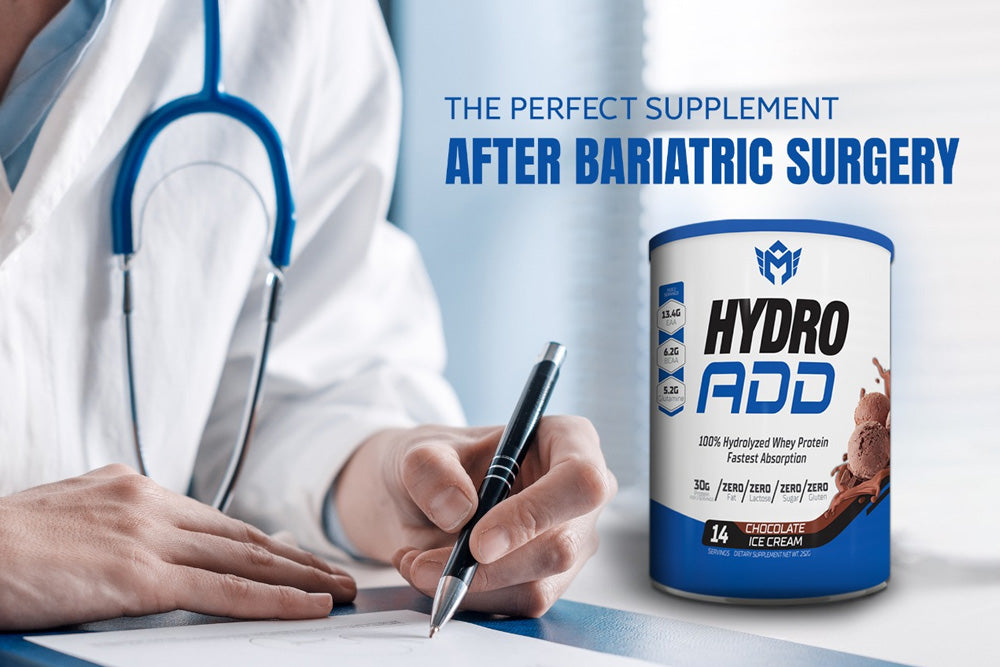
The three most common weight loss surgeries, known as "bariatric surgeries" include:
- Gastric bypass.
- Gastric sleeve.
- Gastric banding.
Although recovery and results may vary with each, one thing they all have in common is the importance of protein intake after surgery. Although protein is a vital component of any diet needed to support your muscles, immune system, and general internal organ function in the long term, in the short term, immediately after bariatric surgery, protein is critical.
The calories provided by protein help patients with obesity surgeries more efficiently and help them achieve weight loss goals from the same amount of calories provided by fats and carbohydrates. Protein can provide an important source of calories and essential amino acids that are indispensable at any time, helping prevent loss of muscle mass and aiding wound healing.
Several factors must determine the type of protein suitable for an individual's use, including the proportions of fats and carbohydrates and the profile of amino acids present in that type of protein, as the first choice for patients with obesity surgeries is isolated from fats and carbohydrates and has an integrated amino acid profile, which is provided by whey protein Hydrolyzed.
Undoubtedly, it is necessary to choose a type of protein with a fast digestion rate, with a high content of the amino acid leucine, to be lighter on the stomach for patients with obesity surgeries, and to avoid protein with a slow digestion rate.
Whey protein typically comes in three forms: isolate, concentrate, and hydrolysate. The isolate form has more significant processing, removing most fat and lactose. Therefore, whey protein isolates generally contain higher percentages of protein.
Hydrolyzed Protein is a pre-digested, partially hydrolyzed, easily absorbed whey protein. Increasing the degree of hydrolysis simultaneously increases the solubility of the product, making the protein more accessible to proteolytic enzymes and promoting better absorption.
Protein hydrolysates increase plasma amino acid levels, followed by an increase in protein synthesis.
Protein is an essential macronutrient that provides energy and aids in wound healing, weight loss, and muscle protein buildup. Regarding protein needs in obese patients to establish best practice guidelines.
